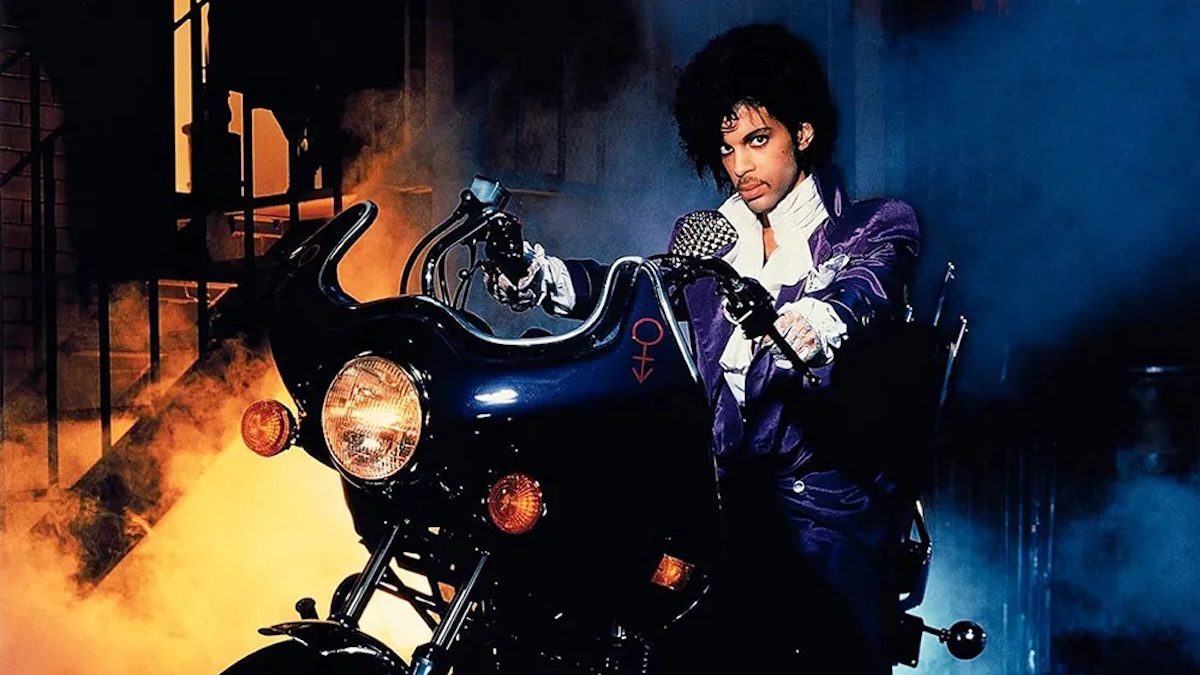
Not to “back in my day” this but to “back in my day” this, I used to watch whatever movie I wanted. The rule was: If I acted out or did something my mother didn’t like, she’d punish me by taking away my movies. It was effective.
My family loves to share movies and television shows with each other. That means that my brothers, who are 10 and 20 years older than I am, would have drastically different taste than me. But it worked. Our love of sharing things we enjoy brought me my love of musicals, thanks to my dad and his love of Pippin, and more.
But what made this back and forth special was that it was not policed. I knew that if I didn’t act right and wasn’t a good kid, my mother wouldn’t let me see movies I wanted to watch and so I did what she asked and got good grades and tried to be a good person. All because I loved movies and television shows most of all.
I wanted to watch Nip/Tuck with my mom and so we did. We watched shows that would be deemed inappropriate for me together and my favorite movie at the age of 6 was Purple Rain. If you know, you know. My point with this is: The way my family shared movies and their love for them with each other fostered my own love of cinema. And it wasn’t policed because I was “too young.”
If anything, we were celebrated for finding what we loved. My brother and I are superhero nerds and my mom would take us to midnight screenings until he was old enough to take me and then he did so. And I think we’re losing that thought process with cinema and younger audiences.
You can allow a kid to watch a more “mature” film, you just have to have a conversation with them
Part of what I hate about the way we, as a society, have reacted to R-rated movies or movies that are “too old” or “too mature” for certain age demographics is that we have stopped the need to have a conversation about what media we were consuming. The idea is that we tell kids “oh no that movie is bad for you, don’t watch it,” and it turns into younger audiences thinking these movies are all inherently bad and evil.
It is why the concept of ‘purity’ culture has been on the rise. We have seen younger people ignoring the importance of sex scenes in movies, criticizing important devices in storytelling, and using their holier than thou attitude to keep others from engaging with art in a meaningful way.
One of the most important movies to my young life was The Departed. I was 14 when that movie came out and watching a love scene between Madolyn (Vera Farmiga) and Billy (Leonardo DiCaprio) set to “Comfortably Numb” showed me how you can tell a lot about two characters and their emotional arcs based on scenes like that.
Yes, my parents spoke with me about the movie and I knew what was and wasn’t not appropriate because we’d established a space where I could talk with my parents about it. And we’re losing that with this idea that movies cannot be shared with younger audiences because someone has labeled them as “too adult for kids.
Yes, there are themes you’ll need to actually talk about
What it boils down to is a laziness in our current society. You don’t want to talk with a younger viewer about what they saw and unpack it with them? So you just tell them no don’t watch that? That’s not okay. If anything, it is as bad as he people who go out of their way to force people to watch something they don’t want to see. There is a nice balance between both extremes where we can share movies with each other and keep the dialogue about them positive.
So, if you’re worried about showing someone who is younger a movie that is labeled as a more “mature” film, don’t be worried. You too can share those movies with your kids and they’ll end up like me, obsessed with movies as an adult.
(featured image:
Have a tip we should know? [email protected]







